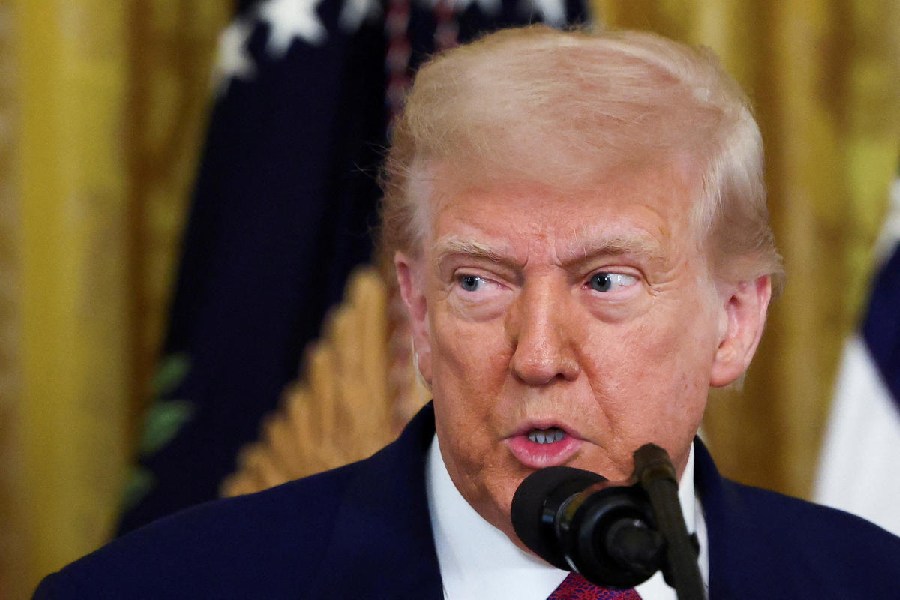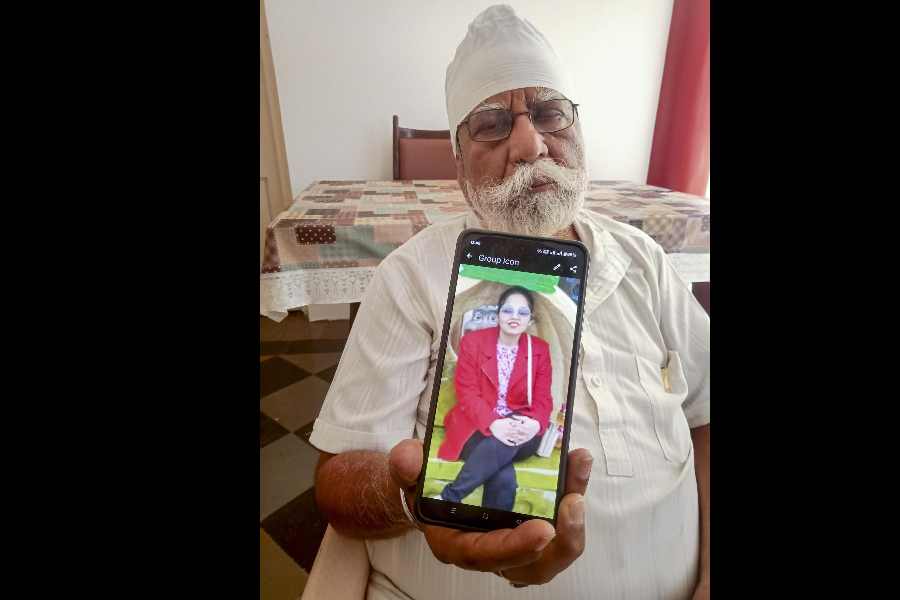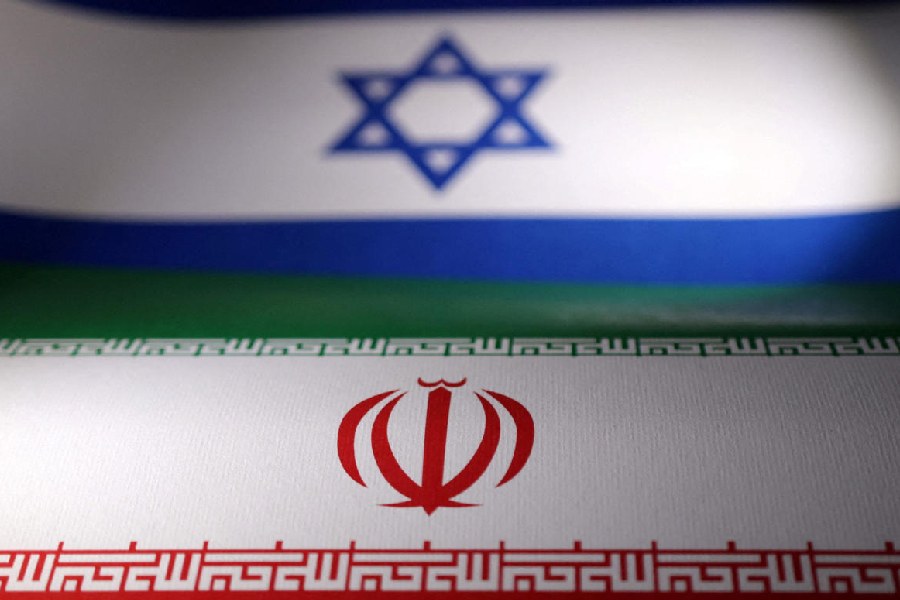 |
| The fire was missing in Lennox Lewis |
Las Vegas: The heavyweight champion of the world retired, and the world responded with a big yawn.
Don’t blame boxing, a sport that has enough problems as it is. Blame Lennox Lewis, who wanted fans to embrace him but never gave them a chance.
At a London hotel on Friday, Lewis bid the sport goodbye, turning down a lucrative rematch with Vitali Klitschko to become the first heavyweight champion in nearly a half-century to retire for good while still holding the title.
He brought along a pair of violets — one his fiancé, the other his mother — and spoke like a man relieved to be finally unburdened by the price of fame. “I just wanted to keep my life private as much as I possibly could,” Lewis said.
In 14 years in the ring, through three heavyweight championship reigns, he largely succeeded. By doing so, though, Lewis paid a price that could wear on him as the years go by and his accomplishments are finally tallied.
Lewis had the size and talent to go down as one of the greatest ever, but when the history books are written he’ll probably be remembered more for being the first British heavyweight champion in more than a century than anything else.
Lewis was often overly cautious in the ring, never more evident than when Oliver McCall began crying in front of him and Lewis, suspecting a trick, didn’t go after him. He was also knocked out twice by single punches to the head by McCall and Hasim Rahman.
Even his two biggest wins were somewhat suspect, with Mike Tyson a shell of his former self and Evander Holyfield past his prime.
But it’s what Lewis did – or failed to do – outside the ring that will always tarnish his reign.
Heavyweight champions are supposed to be larger than life, and Lewis was larger than most. But he never seemed to embrace the sport that made him rich, or the fans who wanted to cheer him on. Lewis rarely ventured out between fights and when he was seen in public he was usually hidden behind dark shades, underneath dreadlocks and a cap. To many, he was perceived as aloof, even arrogant.
Lewis was largely unloved, to the point that he was booed loudly when he won his last fight against Klitschko. That could be chalked up to typical British reserve, even though Lewis spent much of his life growing up in Canada. But Lewis made only the bare minimum effort to promote his fights, and it wasn’t just overseas. When he defended his title against Francois Botha at the London arena in 2000, promoters literally gave tickets away.
Even while trying to decide whether to fight again, Lewis did boxing no favours. For months, he left Klitschko and the rest of the heavyweight division in limbo while he pondered his future.
“He held up the division from making major matches,” said Chris Byrd, who holds the IBF version of the title.
On the phone on Friday from London, Lewis said he didn’t know until two weeks earlier what he was going to do. In a moment of retrospection he never showed while fighting, he also acknowledged that he had trouble being the kind of heavyweight champion people expected.
“Some people love the spotlight and thrive for it,” he said. “I can’t say I’m one of those people who thrive on it.”
Lewis also had a role model of sorts when he turned pro after winning the 1988 Olympic gold. At the time, Tyson was wrecking cars, hitting wives and wreaking havoc on the heavyweight division. Lewis knew he didn’t want to be like Mike. “I chose my life to definitely not be like Mike Tyson,” he said. “I wanted to do it in a more positive way in the sense I wanted to be honourable, respectable, role model-like and go about my job in a professional matter.”
The trouble is, boxing likes its heavyweight champions to be a bit bad, and Lewis never fit in. He doted on his mother, played chess, kept out of nightclubs and out of trouble.
When Tyson bit him during a melee at the press conference in New York to promote their 2002 fight, Lewis chose to analyse the moment in a proper British way. “When he attacked me, I was mortified in a sense. I thought, ‘why is he biting me? Is there something mentally wrong with him?’” Lewis said. “I thought about it a minute and then decided if I was going to pay him back I was going to do it in the ring.”
Lewis would go on to stop Tyson in the eighth round in Memphis, Tennessee, in what turned out to be the defining moment of his career. Though Tyson was no match by that time, Lewis finally had his biggest win.
“There was more fire under me for that fight,” he said.
You can only wonder what might have been had that fire always been there. Lewis might have fought Tyson earlier, met Riddick Bowe in his prime, and secured his place in boxing history. He didn’t, and left boxing the worse for it. (AP)










